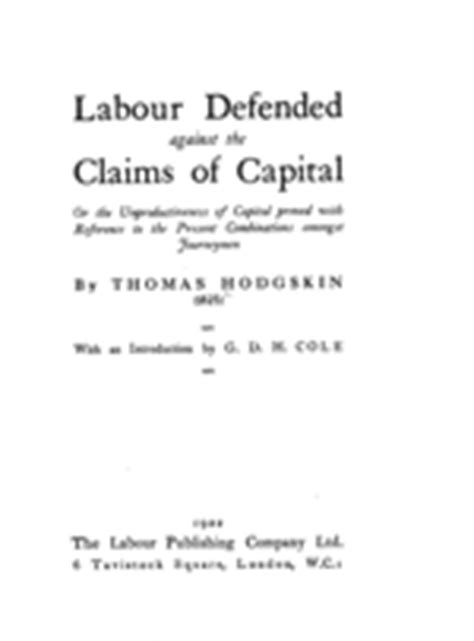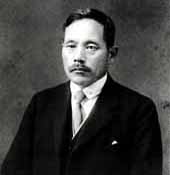A Quote by Thomas Jefferson
Agreeable society is the first essential in constituting the happiness and of course the value of our existence.
Related Quotes
I look in a right of property - on the right of individuals, to have and to own, for their own separate and selfish use and enjoyments, the produce of their own industry, with power freely to dispose of the whole of that in the manner most agreeable to themselves, as essential to the welfare and even to the continued existence of society.
Everyone has noticed how hard it is to turn our thoughts to God when everything is going well with us... While what we call 'our own life' remains agreeable, we will not surrender it to Him. What, then, can God do in our interests but make 'our own life' less agreeable to us, and take away the plausible sources of false happiness?
Never for a moment do we lay aside our mistrust of the ideals established by society, and of the convictions which are kept by it in circulation. We always know that society is full of folly and will deceive us in the matter of humanity. ... humanity meaning consideration for the existence and the happiness of individual human beings.
A materialist feminist approach to women's oppression destroys the idea that women are a 'natural group' . . . What the analysis accomplishes on the level of ideas, practice makes actual at the level of facts: by its very existence, lesbian society destroys the artificial (social) fact constituting women as a 'natural group.' A lesbian society pragmatically reveals that the division from men of which women have been the object is a political one . . .
I have learned from experience that happiness is an acquired skill. Children are one of the greatest lessons in happiness, constantly challenging us to enjoy the moment, as the next one will not be the same. Gratitude is essential to happiness. Every time our children rush up to us and smile, we have something to be happy about; every time we get out of bed and can take a deep breath and go out for a walk, we have something to be happy about-that is the essence of a happy existence. Happiness is a muscle we must use, or it will wither away.
In the nature of our existence, we must act to achieve values. And in order to act appropriately, we need to value the beneficiary of our actions. In order to seek values, we must consider ourselves worthy of enjoying them. In order to fight for our happiness, we must consider ourselves worthy of happiness.
Of course you have a duty to show the disfigurations of society as well as its more agreeable aspects. But if TV in the western world uses its freedom continually to show all that is worst in our society, while the centrally controlled television of the Communist world and the dictatorships show only what is judged advantageous to them and suppress everything else, how are the uncommitted to judge between us? How can they fail to misjudge if they view matters only through a distorted mirror?
The birth of a new fact is always a wonderful thing to experience. It's dualistically called a "discovery" because of the presumption that it has an existence independent of anyone's awareness of it. When it comes along, it always has, at first, a low value. Then, depending on the value-looseness of the observer and the potential quality of the fact, its value increases, either slowly or rapidly, or the value wanes and the fact disappears.
You are horrified at our intending to do away with private property. But in your existing society, private property is already done away with for nine tenths of the population; its existence for the few is solely due to its non-existence in the hands of those nine tenths. You reproach us, therefore, with intending to do away with a form of property, the necessary condition for whose existence is the non-existence of any property for the immense majority of society.
Our ideal society finds it essential to put a rent on land as a way of maximizing the total consumption available to the society. ...Pure land rent is in the nature of a 'surplus' which can be taxed heavily without distorting production incentives or efficiency. A land value tax can be called 'the useful tax on measured land surplus'.


































